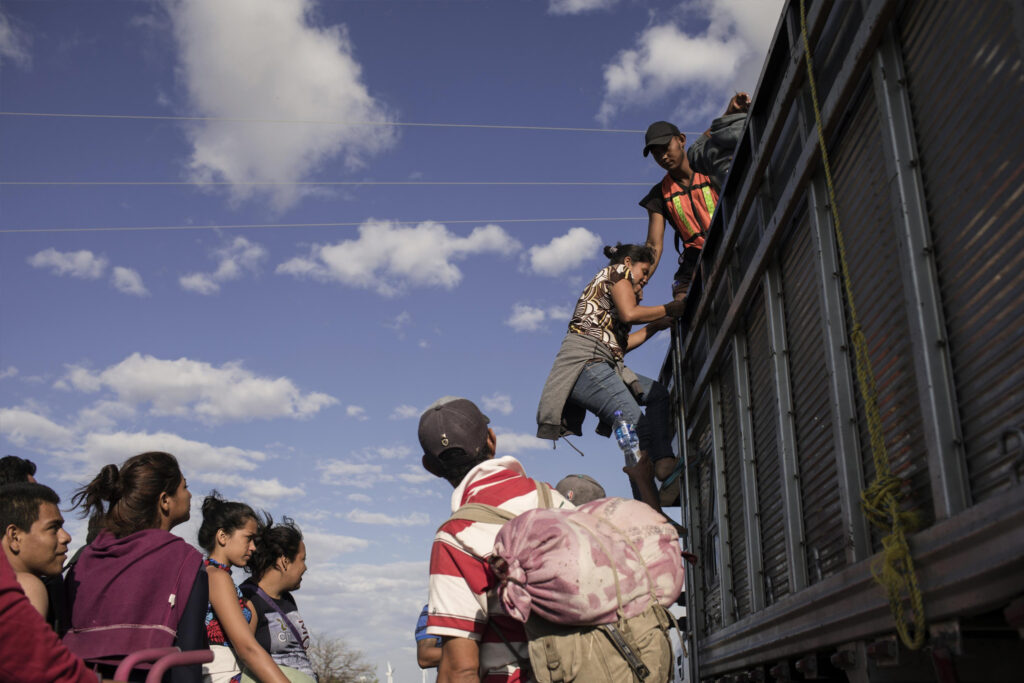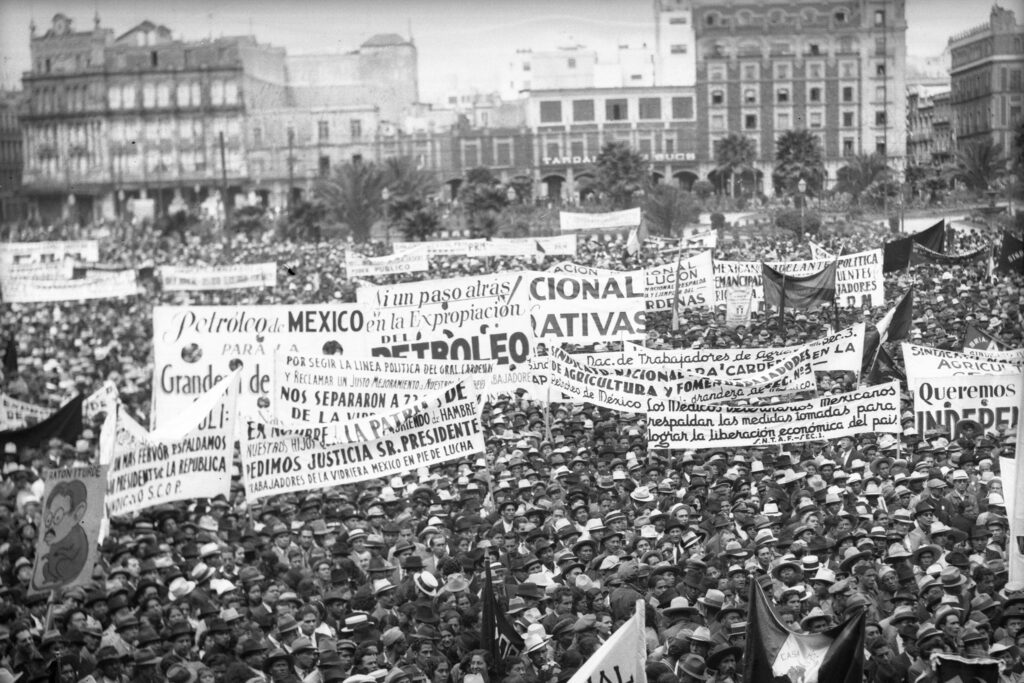For the Good of All: Grow & Redistribute
This editorial by Rolando Cordera Campos appeared in the August 31, 2025 edition of La Jornada, Mexico’s premier left wing daily newspaper. The views expressed in this article are the author’s own and do not necessarily reflect those of the Mexico Solidarity Project.
“Equalize upwards, not downwards,” our man of letters, Don Alfonso Reyes, used to say. His slogan should inform an entire strategy and even a government program with a civilizing perspective now that, thanks to the overwhelming financial resources provided to us by the National Institute of Statistics and Geography (INEGI), we must recognize ourselves as a society with many poor and informal workers.
For more than two decades, we have been dealing with millions of poor and vulnerable Mexicans, for whom we have been unable to establish a genuine welfare state that protects them in health and illness, as well as in education.
Noting these and other major gaps should not prevent us from recognizing progress in reducing the number of poor people; nor should celebrating them demonize critics and scholars who warn us of the instability of these and other “achievements” that offer no relief from the obligation to recognize that, after decades of study and program development, the face of our nation remains marred by these shameful dimensions.
The timely presentation by INEGI of its first poverty figures, once we have assimilated the aggressive government retreat following the disappearance of CONEVAL and its good analytical and reflective offices, should lead us to a rethinking of visions and policy outlines, for example, recovering that formula of “State policies” with which, from the Consultative Council of Pronasol (National Solidarity Program) itself, many of us, among them Armando Labra, whom we always remember, sought to overcome the inadequacies that characterized that program with which President Salinas and his collaborators wanted to compensate for the many social damages derived from the structural change translated into a Free Trade Agreement.
It is in the social that the possibility of rediscovering the traces of a national project and restructuring our democracy lies.
It’s worth noting that this structural change, embodied in the famous trinational document, was not “responsible” for so much damage to our social structure, nor did it prevent us from developing development policies to take advantage of the benefits of that opening to the world. Nor did the treaty impose or impede governments and businesses’ attention to the social issue, which erupted from the financial and economic crises along with the impacts of the illusory “Great Transformation” sought by the governments of that time… and now. What there weren’t, and still aren’t, are relevant policies or national dialogue to redesign policies.
We could now add that it’s good news that the social issue is returning to its former glory and taking on the central role it deserves. It’s worth emphasizing: it is in the dimension we call “the social” that the possibility of rediscovering the traces of a national project and restructuring our democracy lies.
For these and other reasons, it is necessary to continue emphasizing: Mexico needs to embark on a new development path, understood as a combination of economic growth and social redistribution. To achieve this, it is urgent to review and strengthen the role of the State, which has become a dark legend and a taboo subject. By militantly refusing to undertake fiscal and tax reform that would lead to genuine tax reform, austerity is accepted as dogma.
The widespread reproduction of the fundamental shortcomings in care and access to social rights enshrined in the Constitution is compounded by gaps stemming from a battered infrastructure, long neglected due to a lack of public investment. This results in a devilish equation: without sustained economic growth, without a fiscally healthy and responsible State capable of fulfilling its constitutional obligations (social rights), it is impossible to break the cycle of no growth, inequality, and poverty.
“(…) it will be increasingly difficult to reduce poverty without economic growth, says Gerardo Esquivel (…) the current administration’s ability to reduce poverty will depend on three fundamental aspects (…) returning to a path of sustained growth starting in 2026; (…) making progress in reducing the lack of access to health care (which would allow for a reduction in multidimensional extreme poverty); (…) (and) better targeting (territorially speaking) some of the social programs.” (Gerardo Esquivel, Reducción de la pobreza: ¿es sostenible?, Milenio, 8/25/25).
Hence the urgency of implementing economic and social policy with a long-term perspective; of embarking on the troubled journey of planning and programming the economy and the state itself; in short, the crucial task of socioeconomic reconstruction, which can no longer ignore the staggering levels of violence and anomie.
To put it simply: implement a renewed national, republican pedagogy committed to equity, a vehicle for advancing the pursuit of substantive equality. Democracy and social justice.
-
Let’s Talk About Migration: Trumpist Persection
Millions of women who have endured unspeakable violence on their migration journey are now being persecuted in the United States by an extremely xenophobic and misogynistic government, led by Donald Trump,
-
Genocidal & Extractive Capitalism
This week, the United States claimed to be negotiating to avoid war with Iran. It was merely a cover for a new attack. Where are the efforts to stop it?, asks Mexican Supreme Court Minister Lenia Batres.
-
Trump Will Not Take Our Oil
Venezuela’s oil belongs to the Bolivarian Republic. Mexican oil belongs to the people of Mexico. If the current administration decides to trade it with Cuba or any other country, it has every right to do so. Mexican oil does not belong to the US nor to Donald Trump.




